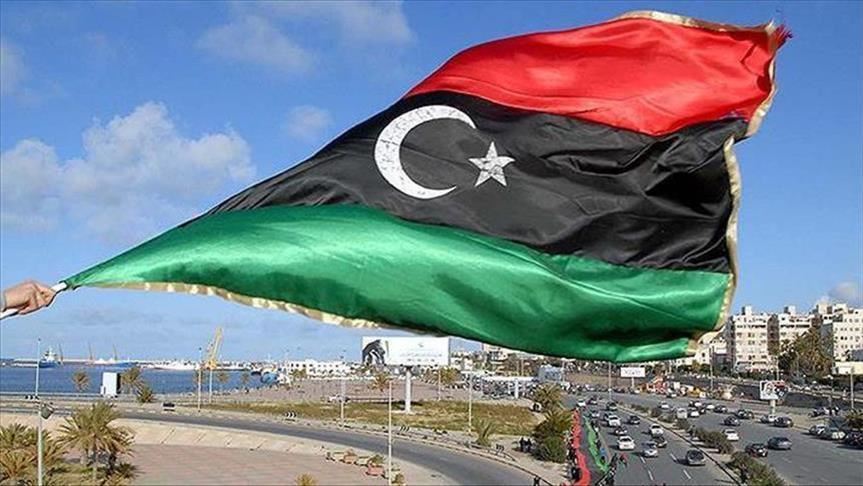Truce in Libya challenging but achievable: Experts
Russian experts say Russian, Turkish efforts to stop conflict in Libya can succeed, considering peacemaking experience in Syria

MOSCOW
Russian experts consider the implementation of cease-fire in Libya challenging, but achievable.
On Jan.7 Russian and Turkish presidents urged the warring sides in Libya to stop the hostilities as of Jan.12 and to start a political dialogue.
In a joint statement made in Istanbul, Turkey’s Recep Tayyip Erdogan and Russia's Vladimir Putin explained that they decided to take the initiative and to serve as mediators as the situation in Libya has become “critical”.
“The presidents of Russia and Turkey spoke in favor of the political settlement in Libya and called for a cease-fire. Implementation in this regard is rather challenging as the fighting is still ongoing, but it is possible and this is the only way to resolve the conflict,” Boris Dolgov, a senior fellow at the Institute of Oriental Studies of the Russian Academy of Sciences, told Anadolu Agency.
Dolgov believed that the talks that head of the UN-recognized Government of National Accord (GNA) Fayez al-Sarraj has been holding with the EU, as well as talks between Khalifa Haftar, commander of forces based in eastern Libya, with the Italian leadership will contribute to the conflict resolution.
“I think the principal ingredient of achieving the peace is the political will of both centers of power. Meanwhile, Russia and Turkey can play a role in ending the conflict and re-establishing a state in Libya. The two countries have a successful experience of resolving the conflict in Syria, it can be applied to Libya with some amendments, as the situations in the two countries considerably differs,” he added.
He said the history knows few examples of the restoration of statehood.
“Vietnam was actually divided into two parts during the war with the U.S., but the country was able to reunite. We can also recall the example of Algeria,” he said.
“While the conflict continues in Libya, militants from neighboring countries find refuge there and disorder reigns, creating a breeding ground for all sorts of illegal activities. This situation poses a threat to neighboring countries, for example, to Egypt, which can actively join the efforts of Russia and Turkey,” Dolgov added.
Call for “Libyan National Dialogue Congress”
Even a cursory reading of the joint statement by Erdogan and Putin suggests that in preparing the text, the two leaders largely relied on the experience in Syria, Amur Gadzhiev, director of the Modern Turkey Research Center, told Anadolu Agency.
“The same principles, similar mechanisms. For example, the parties stressed their firm commitment to the sovereignty, independence, territorial integrity and national unity of Libya. In addition, Moscow and Ankara called for the start of an inclusive political dialogue under the auspices of the UN and on the basis of relevant UN Security Council resolutions,” Gadzhiev said.
Holding a Libyan National Dialogue Congress would be a logical development in the process, he said.
“The mechanism worked out in Syria has already shown its effectiveness in the face of various provocations. As Russia and Turkey learnt from miscalculations and lapses during the process of the Syrian settlement, the peace initiative for Libya launched by Russia and Turkey has all chances to succeed,” he said.
Motivate warring sides, suppress external interference
To achieve a cease-fire in Libya, it is necessary not only to motivate the warring sides to start the negotiations, but also to suppress the attempts that escalate the situation, including those made on behalf of the external players, Nina Komarevtseva, a senior researcher at the Diplomatic Academy of the Ministry of Foreign Affairs of Russia, told Anadolu Agency.
Moscow and Ankara already have experience of joint actions in the conflict region, she noted.
Since the ouster of late leader Muammar Gaddafi in 2011, two seats of power have emerged in Libya: one in eastern Libya supported mainly by Egypt and the United Arab Emirates and the other in Tripoli, which enjoys UN and international recognition.
Anadolu Agency website contains only a portion of the news stories offered to subscribers in the AA News Broadcasting System (HAS), and in summarized form. Please contact us for subscription options.







